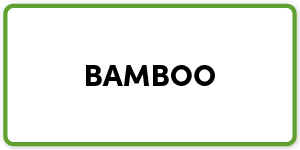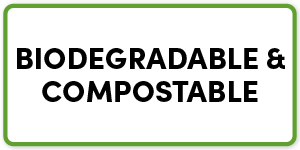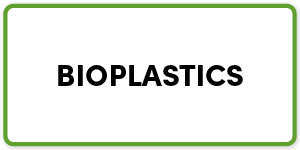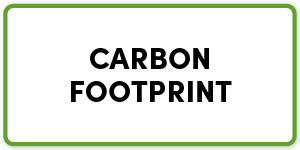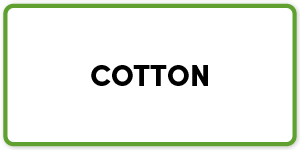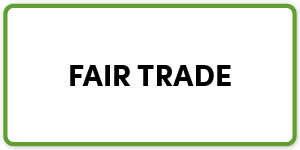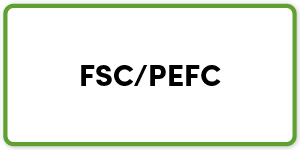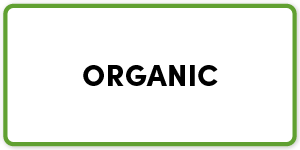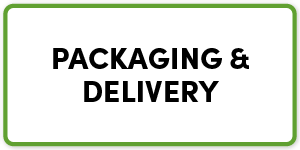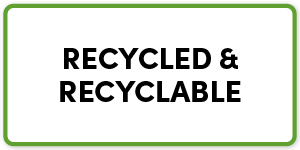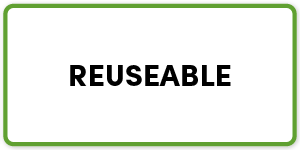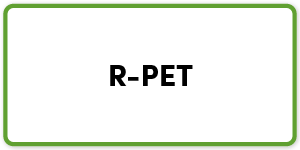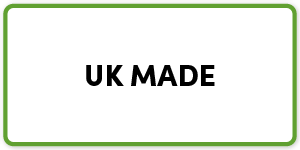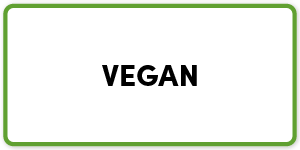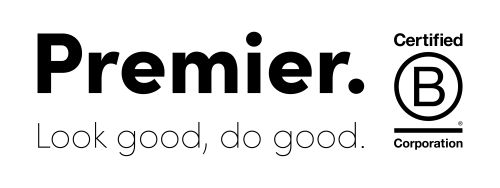
Back in the 70’s Kermit the Frog sung those immortal words and fifty years later they have never been so apt.
In a world of sustainable, fake-news, plant-based, bunny-hugging, green-washed, biodegradable eco-activism actually knowing if the choices we make are
actually “green” can be tricky.
Lots of “green” words are bandied around and even more opinions about what’s best are vocalised in marketing, media and social networks. Every brand
suddenly has super-sustainable, zero-carbon, earth-friendly products made entirely from the fluff found down the back of their sofa and that weird juice
lurking at the bottom of your food recycling bin.
To be able to confidently talk about our range and to interpret what our supply chain are selling to us firstly we needed to understand it all. Separate the
wheat from the chaff to coin an appropriate phrase.
By sharing our findings, warts and all, and by being transparent, we can not only offer a comprehensive range of eco promotional merchandise but also help
to educate our customers and ultimately the wider audience. Allowing them to make informed decisions about how they do their bit.
Let’s delve into some terminology and look at the pros, cons and ambiguity of the most common claims:
Our interpretation of what “Sustainable” means:
According to Wikipedia sustainability means that a process or state can be maintained at a certain level for as long as is wanted. Think perpetual motion.
There are often 3 pillars referred to – People, Planet and Profit. For something to be sustainable it needs to provide an environmental, social or economic
benefit.
From a promotional merchandise perspective a sustainable product would be something that has been contentiously manufactured and delivered, by a
factory that protects its workforce and its surroundings, that has a decent useful lifespan and limits the impact on the environment at the end of its life.
That’s a lot of boxes to tick. The fact is there is no magic solution. Everything has an impact.
Our interpretation of what “Eco Friendly”, “Green”, “Eco” and “environmentally friendly” actually mean:
In a nutshell they are broad terms for something that claims to be better for the environment than an alternative. Note the words “better for”. Not necessarily
“good for”. Whilst, generally speaking, that is the case, it’s all about point of reference and a little bit about opinion.
Understanding Waste Management: Global Recycling Standard
The waste pyramid demonstrates responsible waste management and can be used to make decisions on purchasing. For example the ideal use of plastic is to
make a reusable product (such as a sports bottle rather than a single use disposable bottle). At the end of its life all plastic should be recycled, currently in the
UK only about 40% of material can be recycled (and nowhere near this figure is actually reaching the correct place). The next band of the pyramid is widely
missunderstood- recovery. Technology currently exists to incinerate plastic waste which can’t be recycled generating electricity from the energy generated.
These processes filter out all dangerous waste and are totally carbon neutral. There is basically no reason why plastic should enter landfill!
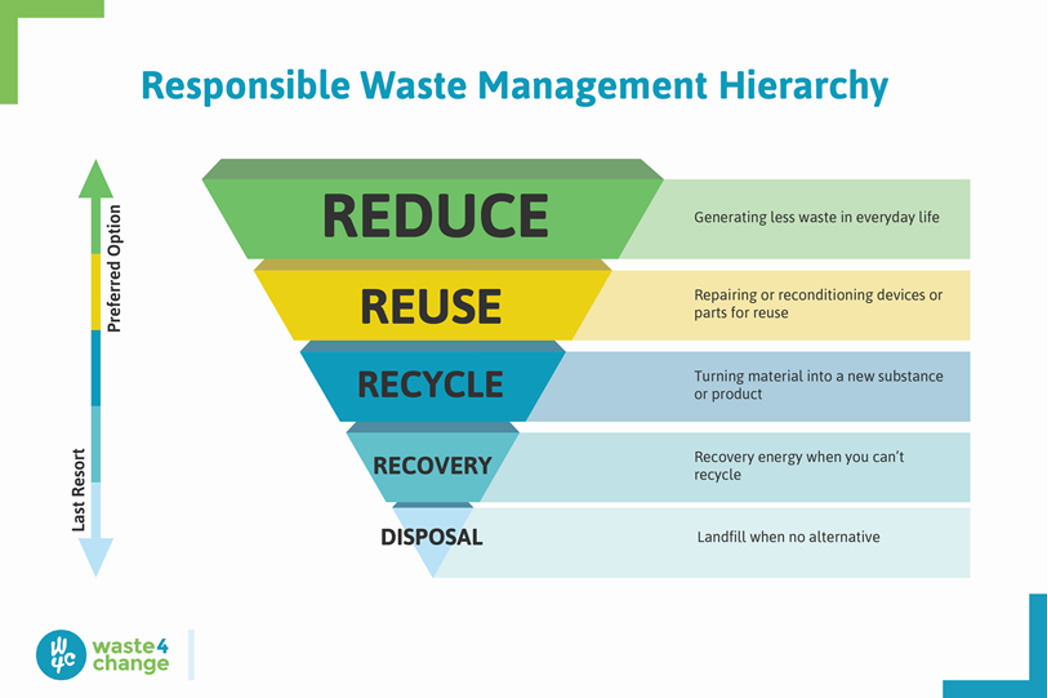
How we’re doing our bit:
We are only too aware that historically promotional merchandise has been perceived as cheap plastic from China. But the landscape has changed. Premier is
an ISO14001 certified organisation, which means we have an environmental management system to control the impact of our operations on the environment.
Alongside our product offering we employ a variety of practices to reduce our impact. Such as:
- All our cleaning materials are plant based.
- The boss drives an electric vehicle.
- Our office waste is segmented and recycled with ZERO waste going to landfill.
- We are a paperless office.
- We use LED low-energy lighting.
- We use recycled consumables (like loo paper!)
- Our milk is delivered in glass, reusable bottles.
- Our marketing materials and packaging are recycled and/or recyclable.
But that’s just the start. Our energy contract is moving over to renewable sources. Our courier is rolling out a carbon-offset service. We are working with the
local community on various initiatives to benefit our surroundings and the environment.
Nobody is perfect. But we genuinely care. And we’re always looking for ways to better ourselves.
To summarise:
Do something. Something is better than nothing. Be open minded.
Do you research, ask questions, consult our professionals, don’t be green-washed, don’t make snap decisions based on current media scaremongering.
Consider the entire life of the item from raw-material to disposal.
Ask yourself is a short-life “eco” product flown in from China really better than something infinitely reusable, made of plastic, in Birmingham? We think not.
It all comes back to knowing your stuff and most importantly knowing what’s best for you and your objectives.
